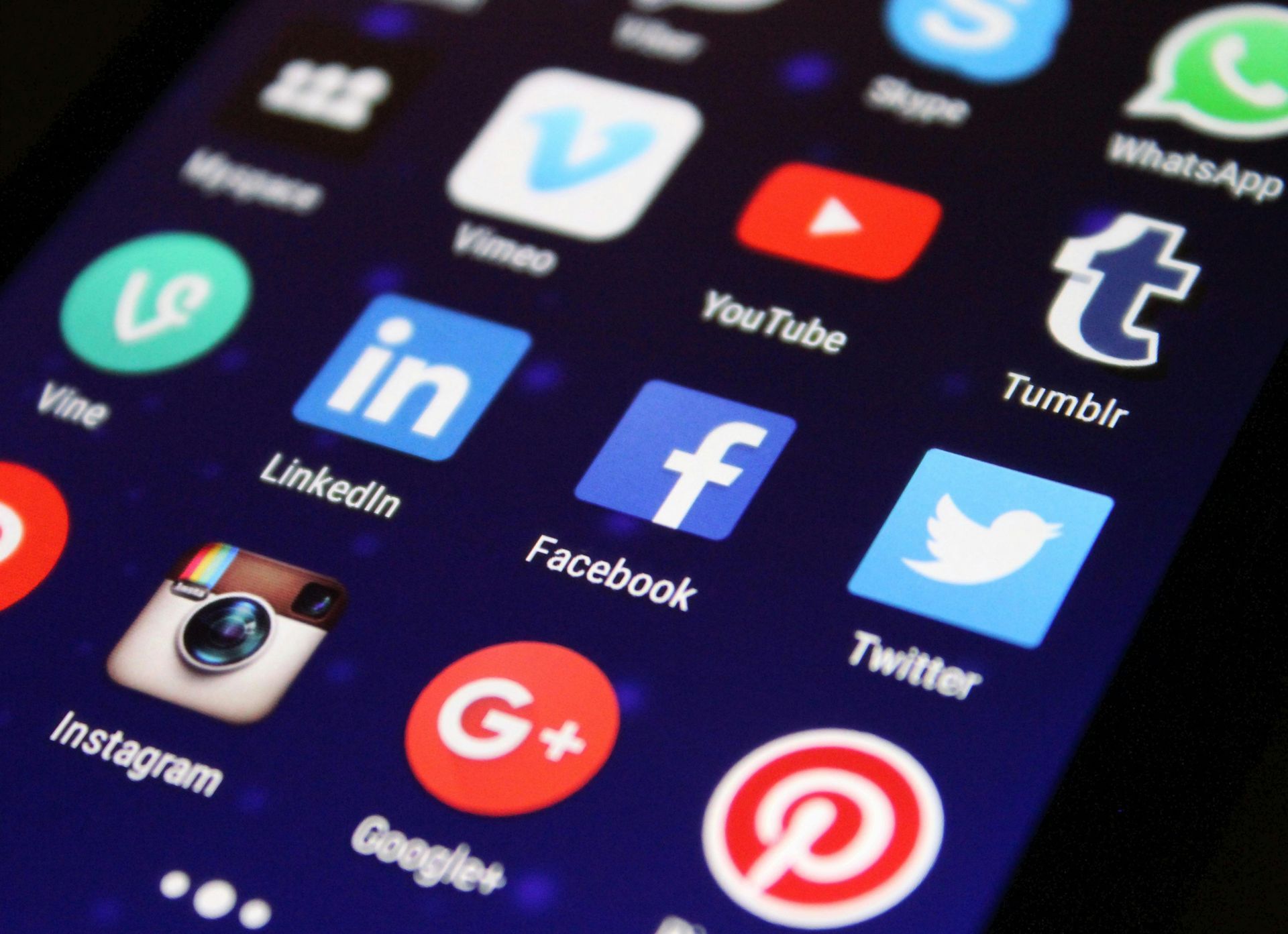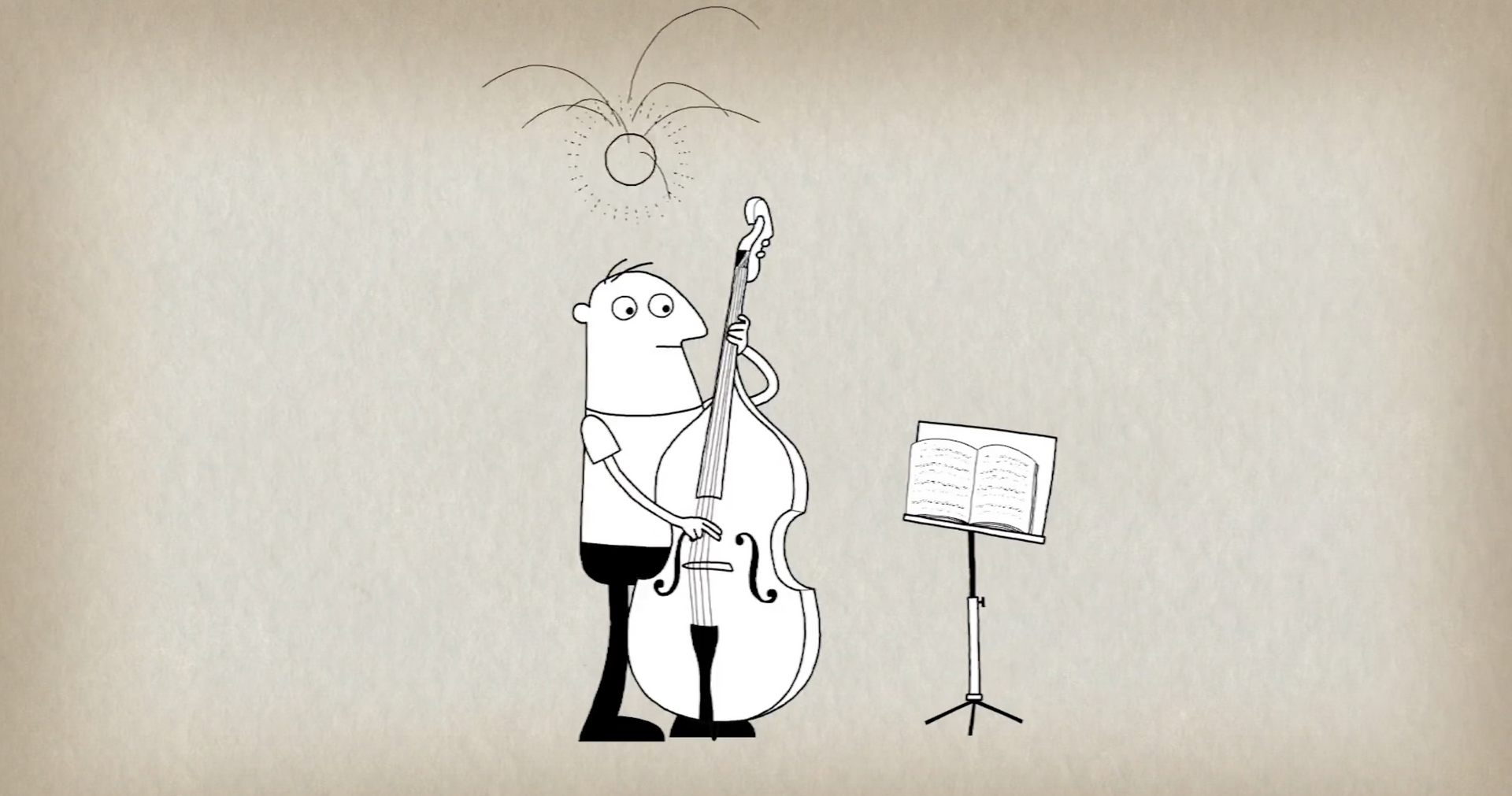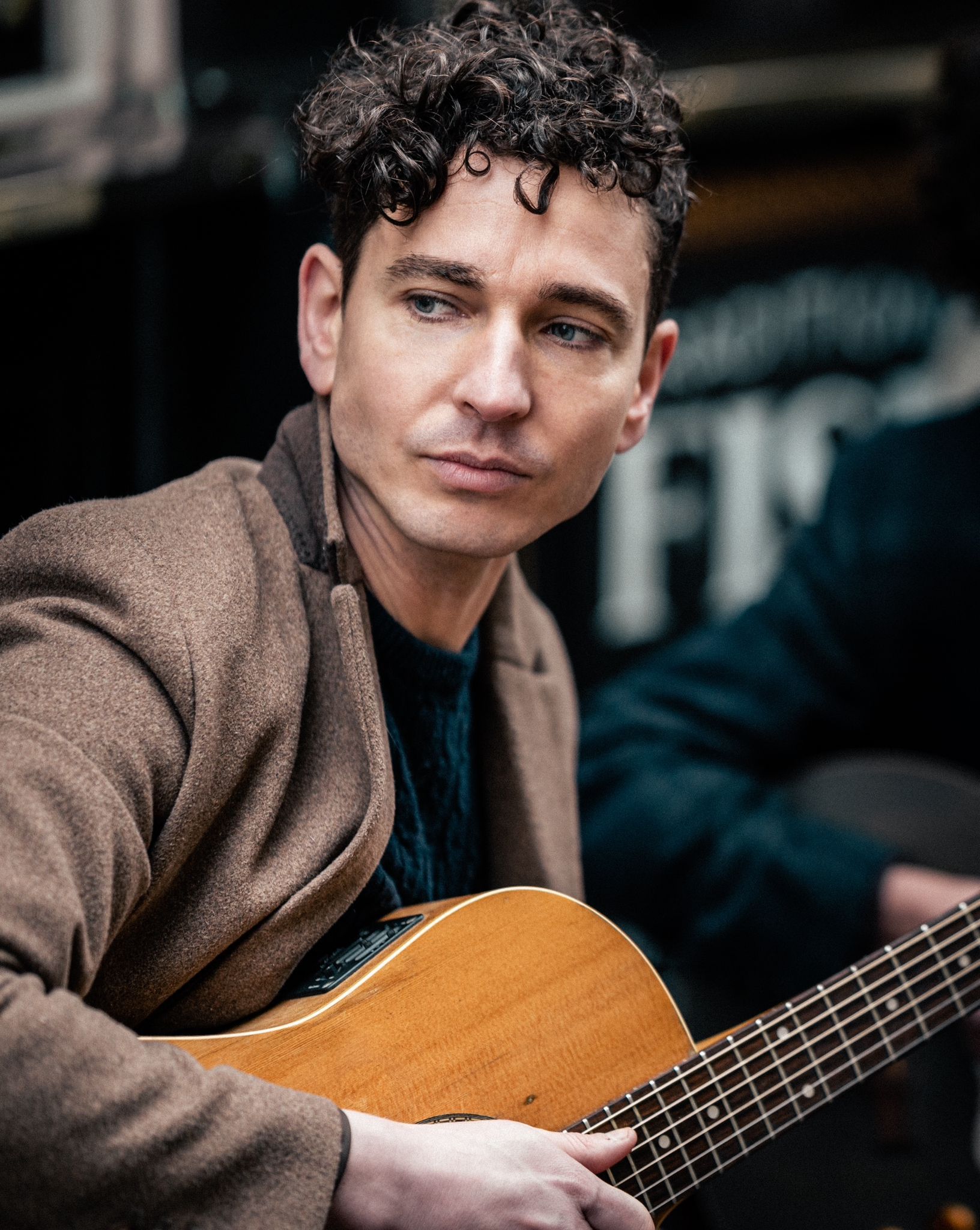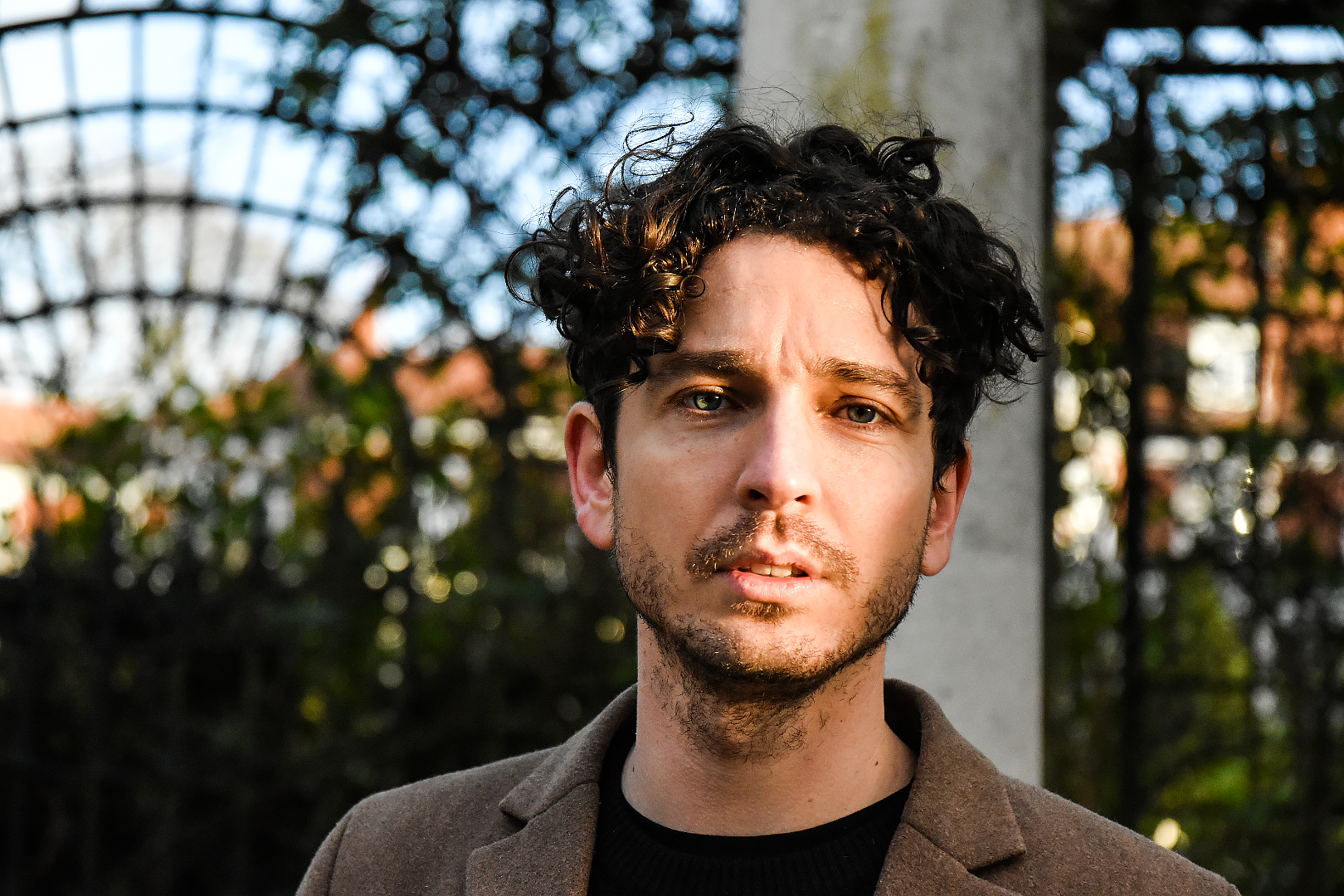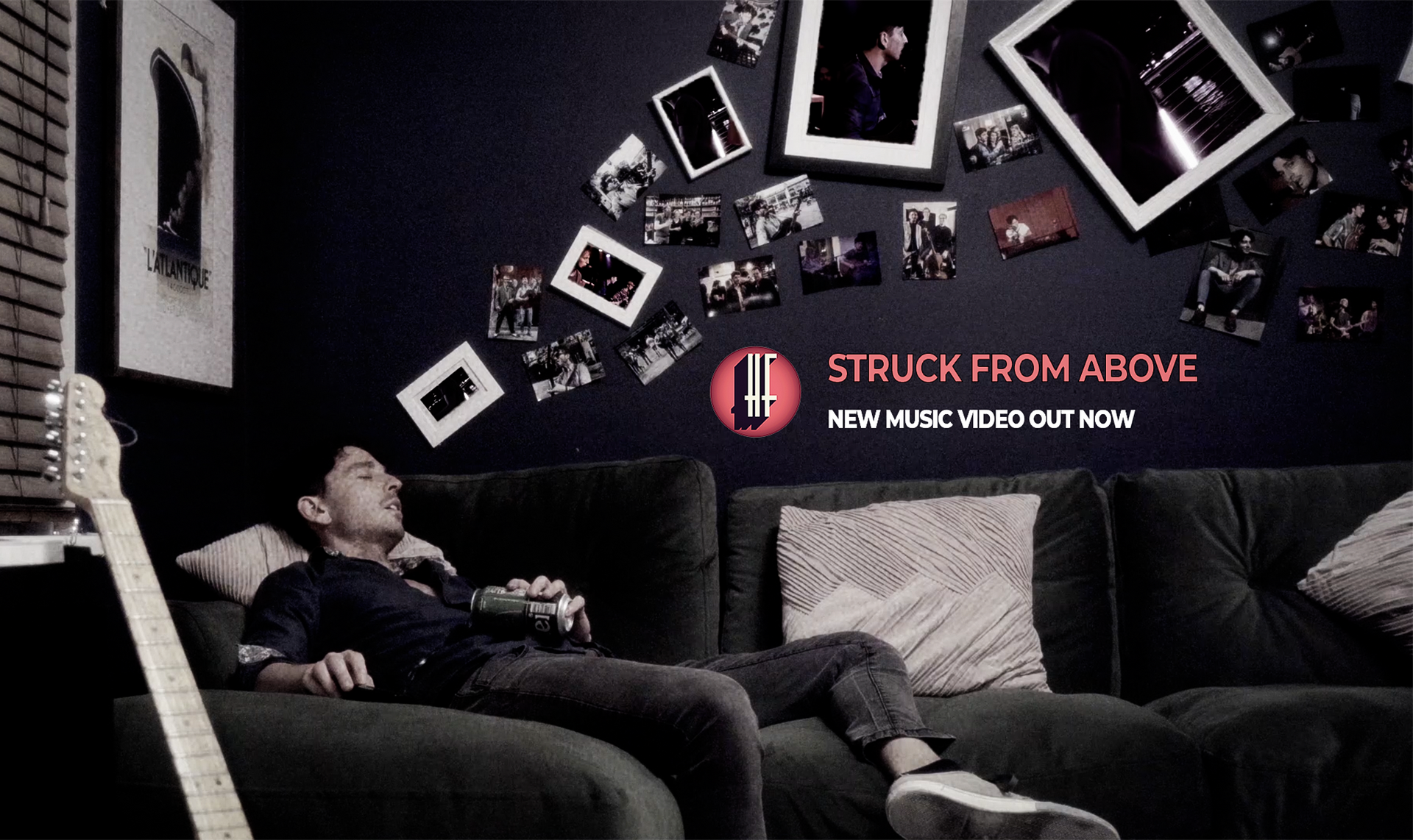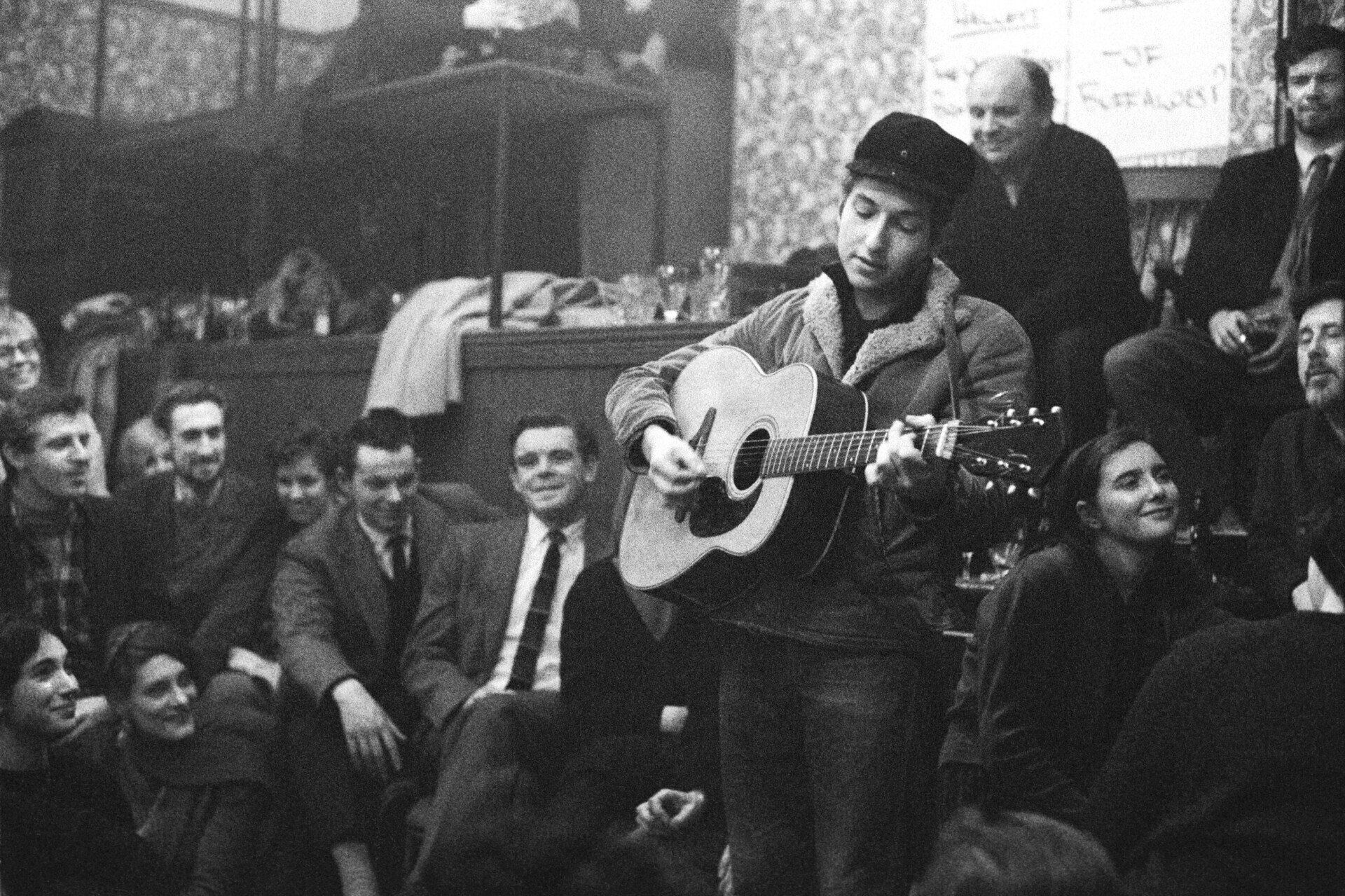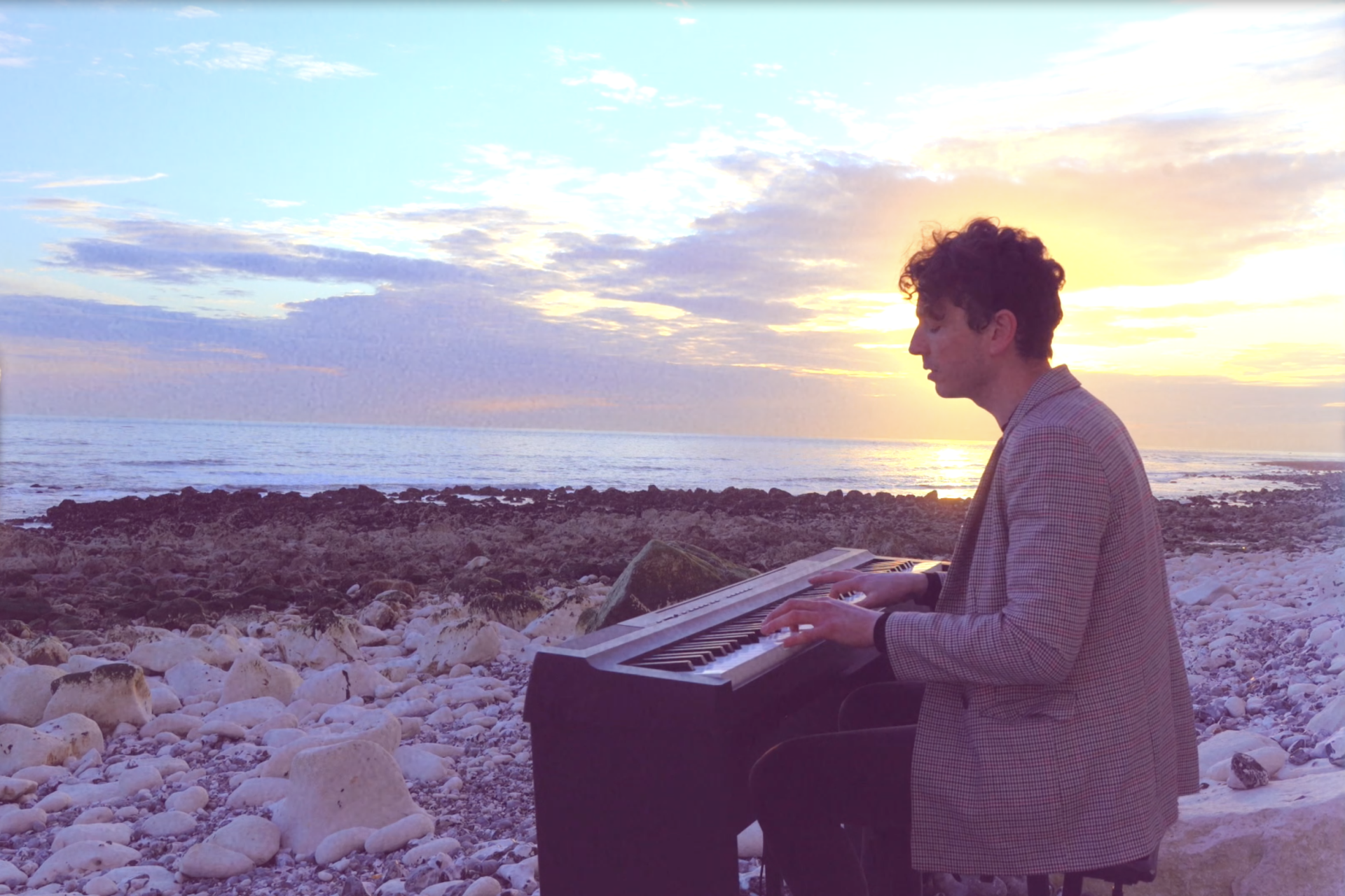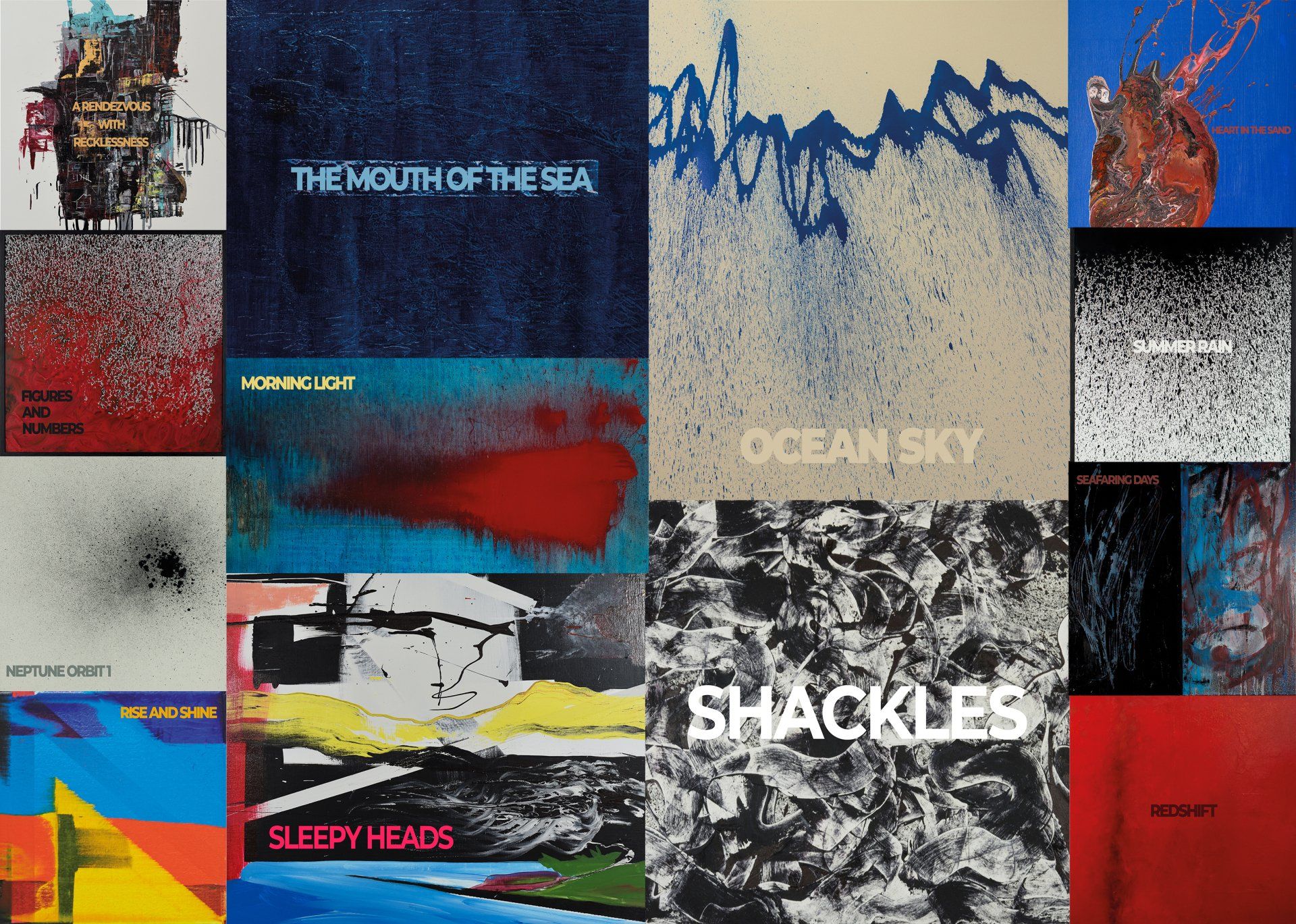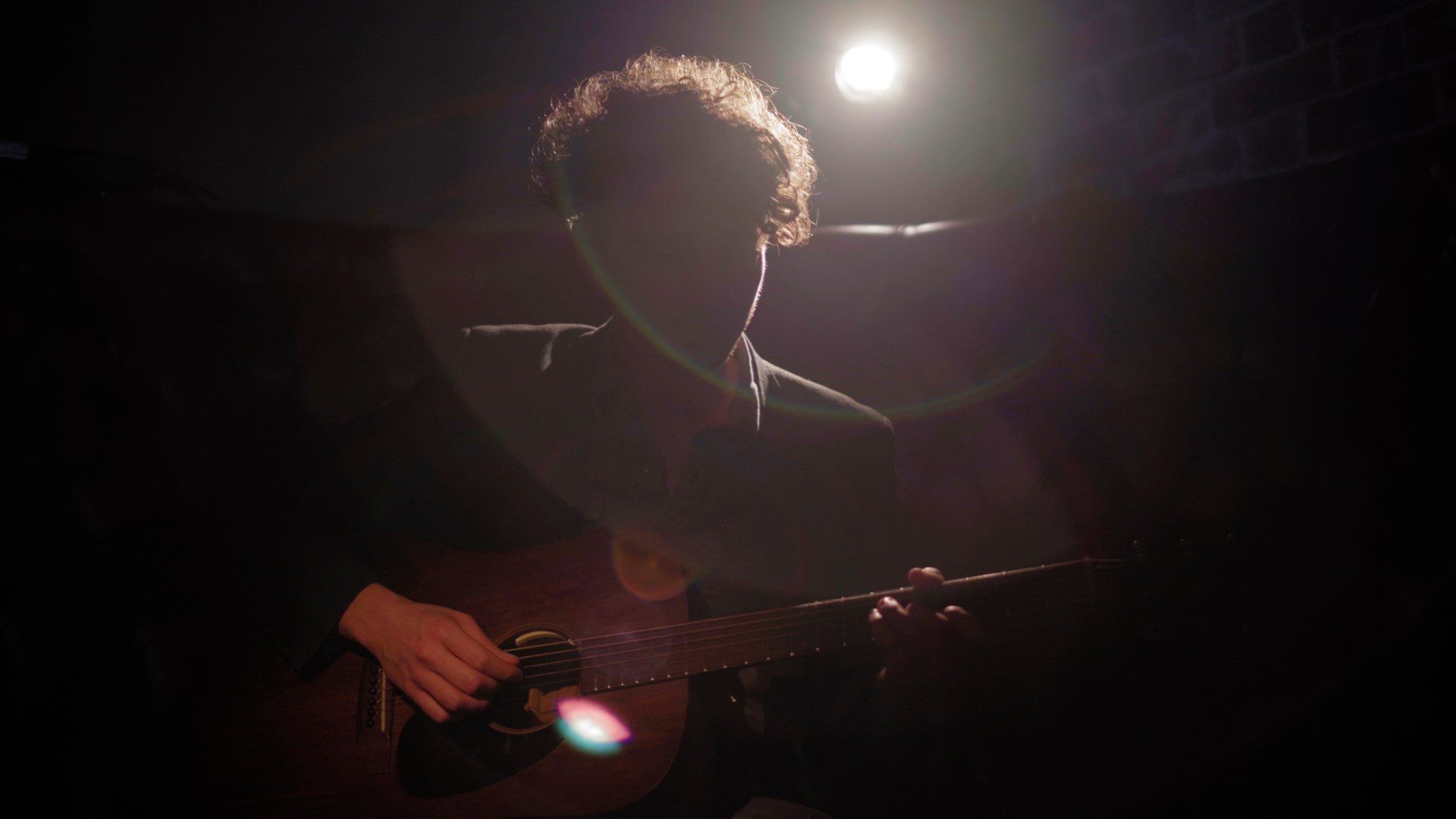The recent deaths of rockstars Taylor Hawkins and maybe lesser known singer Mark Lanegan have reignited this burning question in me: why are the artistic industries replete with tortured souls?

The Scream by Norwegian artist Edvard Munch, 1893
Of course, when we think of troubled artists we automatically think of Vincent Van Gogh cutting off his own ear, Virginia Woolf’s suicide by drowning, Kurt Cobain’s suicide by shooting, Amy Winehouse's extreme drug and alcohol abuse, and of course the late drummer Taylor Hawkins who passed away a couple of weeks ago from an overdose and whose depression seems to have equally fuelled a deadly drug habit…
The list of untimely deaths in the art industry goes on and I could quote countless heroes of mine who have met a similar fate but for the sake of time we’ll have to leave it there. Referencing David Bowie once more, I specifically liked his very last album, Black Star, where we see a heart-wrenching contemplation of his own mortality in the song Lazarus just before his tragic death from liver cancer:
“Look up here, I’m in heaven
I’ve got scars that can’t be seen
I’ve got drama, can’t be stolen
Everybody knows me now…”
We are often faced with a sort of mythologising of the ‘impulsive’, ‘depressed’, ‘emotional’ or ‘mad’ artist. The image that perfectly represents this feeling of internal suffering and anxiety is of course the troubled Norwegian artist Edvard Munch’s piece The Scream. According to Munch himself, the warped ghostly figure on a bridge represented his soul. He checked himself into a mental health hospital shortly after painting it.
So what’s going on and why are depression and art so closely intertwined? Well, from a personal perspective I can totally relate to a lot of these feelings. An insightful study published by the University of Westminster in 2020 found that musicians are three times more likely to experience anxiety or depression than the general public (link to article here). The article brings up key themes affecting musicians: the status of our work, financial challenges and the difficulty for us to define ‘success’ leaving us to question whether our profession can be classed as a ‘career’ amongst other things. This of course, in my view and I’m sure others will agree, can be extended to people creating in all other artistic fields such as literature, painting, sculpture, etc.
This hits very close to home as these are all points that I have thought about in depth concerning my own choice to pursue music. In response to the question whether my choice could be qualified as a ‘career’, I have often found myself floundering in fear of the future and asking myself “what’s the point?” “Just be a language teacher, that’s secure, you’ll get a proper status and a pension and you’ll no longer need to worry…” But the conclusion always remains the same: I would just be unhappy with that choice. Uncertainty, countless questions and self-doubt in regards to this musical endeavour have led me to some very dark places, sometimes leaving me in a crippling state of anxiety and depression. And yet, these very same feelings have been a form of fuel for creativity in themselves. A lot of the songs from the album Ocean Sky express these very human experiences that have often been the ‘necessary evil’ to create personal and thus meaningful art for me, and in turn the transformation from feelings into music has helped me understand/process these deep emotions that would be just impossible to express otherwise. And this is where the situation gets tricky: the often destructive feelings of depression and sadness are themselves the very catalysts for creativity in a lot of creatives: art becomes the outlet that allows them to communicate their grief.
I’ve often heard people tell me that happiness in life kills their creative streak, they just need to be in that deep emotional realm to make music that makes sense to them, and I for one would be part of that camp. As crazy as it seems, It’s nearly as if it’s required! And this may indeed be part of where the problem lies and why it’s so hard to battle. I suppose if you were to put an image to it, in my view it would be the equivalent of falling into a hole, and art is the ladder back out, but of course you need to fall into another one to be able to use the ladder again.
Regardless of this complex relationship, I suppose more importantly (and positively), the medium of art in all its forms serves an empathetic purpose to the audience: it says ‘you are not alone in feeling this way, I am communicating the way I feel these emotions to you.’ And this to me is why art is absolutely crucial to our society: the conveying and relating to the wide palette of different emotions creates a truly powerful organic relationship between producer and consumer of art. And this is why, more than ever now with the increased isolation that the pandemic has brought about, more support needs to be given to struggling musicians and artists in general. Whether depression and anxiety is required for some to be creative or not, proper support groups need to be set up for those who are unable to manage their emotions properly. Art and music bring communities and people together and can change lives for the better, so it’s time to take this mental health crisis seriously and provide proper and adequate help to aid creatives thrive along this perilous yet thrilling journey.
Personally, despite the emotional hurdles this artistic choice poses, it is the only way for me. In some way there’s some strange comfort in knowing that I don’t stand alone facing these challenges. That sense of purpose and calling in life is often powerful enough to stave off the darkness and bring assurance in knowing that this is what I’m meant to be doing, at least for the foreseeable future. Additionally of course, the positive feedback from friends/family and supporters (like you, reader) also makes it all worthwhile, and provides me with the necessary energy to keep on doing what I love most: making music not only for myself, but also for you.
I would love to hear your views on the subject, and of course from any of my fellow musician friends artists out there that can relate to the issues raised in this section. I look forward to hearing from you.

